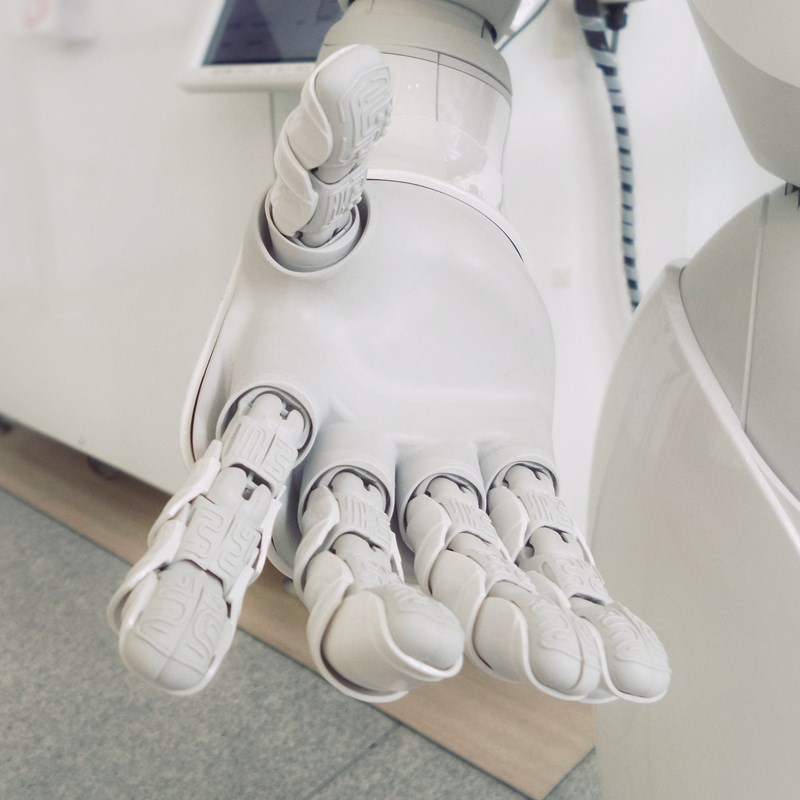
Artificial Intelligence (AI) is making headlines daily. From care bear robots in Japanese nurseries to Walmart’s innovative plans for transforming retail using AI, IoT and Big Data, robots are big news. Coverage is not always positive, however, with Vanity Fair recently reporting Elon Musk’s predictions of an apocalypse of doom. Is he right though? Robots are already a part of our everyday lives, and we wanted to take a look at the positive impact they are already having on humanity. Read on to find out more.
Personal organisation
Smart Home AI devices such as Amazon Alexa and Google Home act as our very own personal assistants at home. They can help us free up our hands and reduce the amount of time we need to spend on life admin such as paying bills, ordering groceries and troubleshooting household problems such as a leaky tap or a faulty lightbulb. By giving us the ability to respond to emails, organise our calendars, and search for information online using our voices, personal smart home assistants are helping us to cut down on screentime, which could bring real health benefits to adults and children alike.
Data management
Smart Devices create data. A lot of it. Too much for humans to deal with. Which means that in the sector of data management, AI really comes into its own. With the ability to process vast amounts of data in a short amount of time, robots can help humans to maximise the potential of the data collated by Connected Devices. This kind of data management can benefit humans in many different ways. Smart Cities that use robots to monitor traffic flow and security cameras could see a huge reduction in traffic accidents and crime levels in the future.
Fighting fraud
One of the things that robots do way better than humans is to find patterns. Monitoring and analysing patterns of behaviour can help to prevent fraud on individual basis, or even breaches of security of a much larger scale. By using AI to help them identify patterns of behaviour that might indicate fraudulent activity, institutions such as banks and government security agencies can lower the risk of identity theft, credit card fraud, and even cyber attacks.
Help and support
We have probably already all had the experience of interacting with a robot, even if we weren’t aware of it at the time. Many companies are using AI to help them to interact with customers in the first instance through Chatbots, either online or on the phone. Currently, the AI used for customer support Chatbots is quite limited in its capabilities, but it won’t be long before AI can react effectively and quickly to our support needs and respond in an almost human way. This kind of technology could also extend to providing health diagnostics and support. Robots are already able to detect signs of illnesses such as dementia and depression through analysing human behaviour. Could this lead to a revolution in the care and support sector, with AI helping humans to combat loneliness and illness?
Mobile phones
Our smartphones hold the key to the biggest potential in terms of everyday usage of AI at the moment, due to the fact that they are currently the only device that most humans carry with them. AI applications such as Siri and Cortana are already used to check information and carry out phone tasks using voice command, but the potential for these robots to help us more and more is immense. Just as companies like Amazon are advancing further into machine learning and AI to influence our buying decisions, the possibility of our phones helping us to make decisions and guiding us through life using our learnt personal preferences is growing more and more likely.